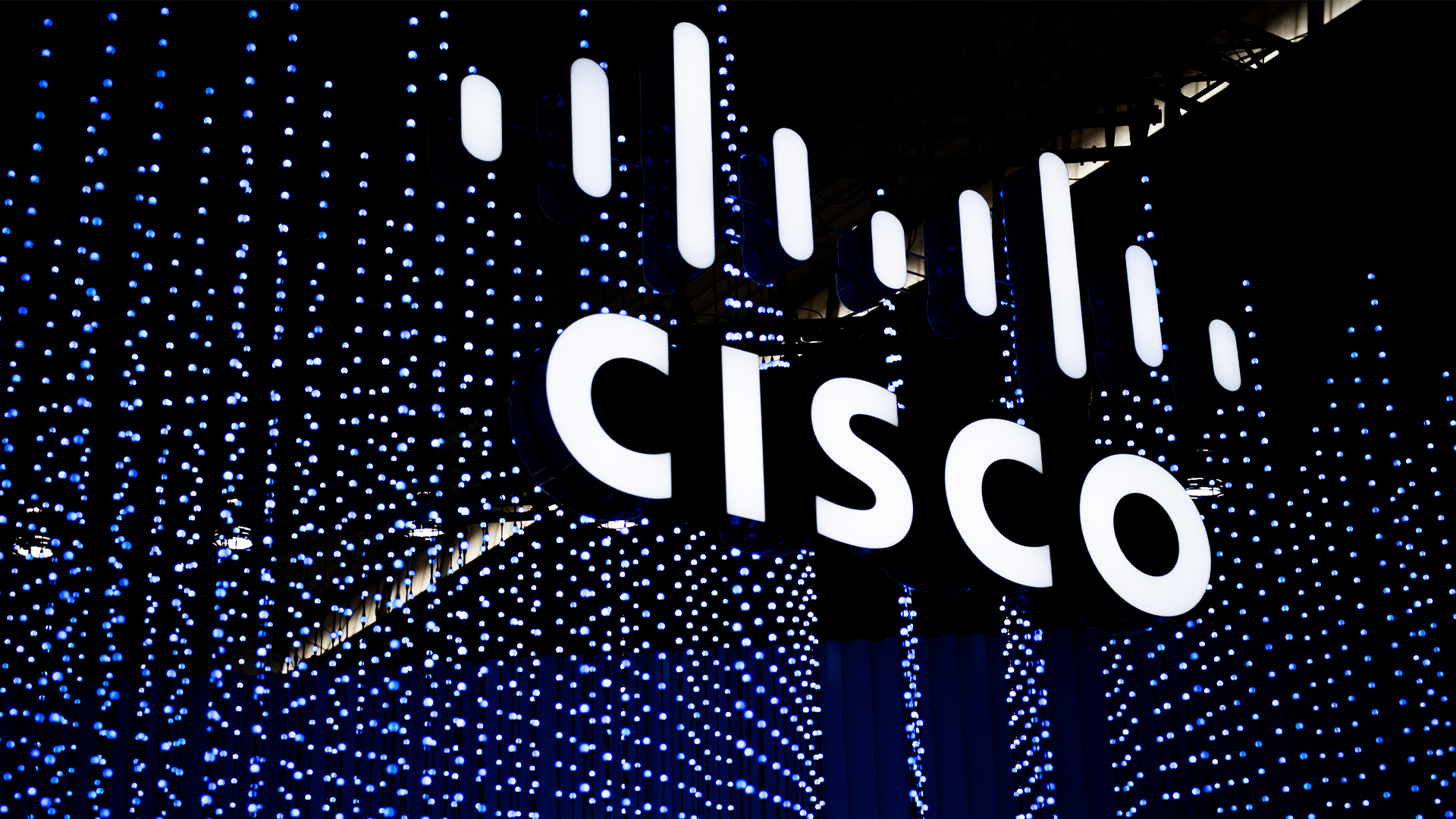Avaya outlines post Nortel acquisition roadmap
Channel to go to consistent global accreditation, Inclusive software support shortened to three months, CS1000 product stalled with new features requiring add-on Aura platform, UK distributors likely to remain unchanged.

Avaya today unveiled its roadmap for its own and recently acquired Nortel products and channel partners. During an international conference call led by Alan Baratz, senior vice president and president, Global Communications Solutions, he outlined a future dominated by Session Initiation Protocol (SIP) to help smoothly transitions to a highly integrated communications utopia.
“In developing the portfolio, our guiding principle was to deliver the most compelling and cost-effective systems and services to customers and partners,” Baratz opened before talking about the good understanding between the two companies, a commitment to retain all product portfolios and then slowly use the Avaya Aura platform to build new features.
Products
After all the claims of new, highly integrated and exciting products, for the old Nortel community there will be some significant changes. The former flagship Nortel CS1000 platform will receive “a couple more updates” which are likely to be fix bugs but are unlikely to add any additional new functionality.
Instead, customers will need to add Avaya’s Aura Platform to get advanced UC features. Aura is a modular platform of add-ons which starts with an Avaya Session Manager device to separate underlying PBX hardware from Avaya, Nortel, Siemens, Alcatel and other vendors with UC service that then go on top. With Aura, Avaya claims existing hardware installation can be upgraded to new functionality such presence and video without having to rip and replace systems.
Support
Nortel’s old 12 months inclusive support will drop to three months on any new business in line with Avaya’s model, although the firm will honour existing contracts for their current term. The notion of umbrella contracts for manufacturer support will move to an annuity-based model as Avaya claimed that the old Nortel model was “unsustainable” and a major contributing factor in its rival’s demise. Again, Avaya has now stated a July the 1st deadline for customers to move to the new support model.
ChannelPro Newsletter
Stay up to date with the latest Channel industry news and analysis with our twice-weekly newsletter
Avaya allows channel partners to sell a range of support contracts from 1st to 4th level support depending on end user requirements but all customers need some form of manufacturer support contract in place and the firm urged partners to build it into any deal.
Avaya’s restructuring of its channel last year from 100 product certification to 30 will spill over to the Nortel partners and the firm will roll out a single, coherent global channel programme in February. Existing Nortel partners will be “grandfathered” in to the programme at an initial equivalent level which they will need to maintain or enhance through a combination of training and sales volumes.
SMB/Networking/Distribution
In the SMB space, the old Nortel BCM and Norstar and Avaya PARTNER and Integral 5 key systems will remain on sale. However the firm has confirmed that it plans to converge these platforms into the company’s flagship IP Office – a hybrid TDM / IP solution with SIP functionality.
On the networking front, Nortel products will become the standard switching portfolio which was to be expected. However, Avaya confirmed increased investment in wireless and hinted at the possibility of developing its own solution instead of Nortel’s licensed technology.
For UK distribution, the picture is still cloudy. Although Lee Shorten, general manager UK and Ireland, Avaya did explain that there is “very little overlap in the UK” between Avaya and former Nortel distributors. The inference is that the status quo will probably remain although Shorten did state that this area was under review at the present time.
Shorten also emphasised the opportunity for the channel to use the Aura platform to help end users gain the benefits of new communication technologies while maximising exiting investment in hardware. “SIP is a fundamental shift,” he believes. “Some firms will jump straight from the TDM world to SIP.” In his view, Avaya’s move to separate the underlying hardware from the application layer is the path the entire industry is heading down and the only way to truly deliver the potential of Unified Communication.
Avaya and Nortel channel partners are to being briefed now and reaction from the news is likely to emerge over the next week.
-
 Hacked law firm 'didn't think it was a data breach' – the ICO disagreed
Hacked law firm 'didn't think it was a data breach' – the ICO disagreedNews The ICO has fined DPP Law for failing to report an attack that saw confidential information released on the dark web
By Emma Woollacott
-
 Cisco names Oliver Tuszik as global sales chief
Cisco names Oliver Tuszik as global sales chiefNews Cisco has announced the appointment of Oliver Tuszik as its new executive vice president of global sales, who replaces Gary Steele.
By Daniel Todd